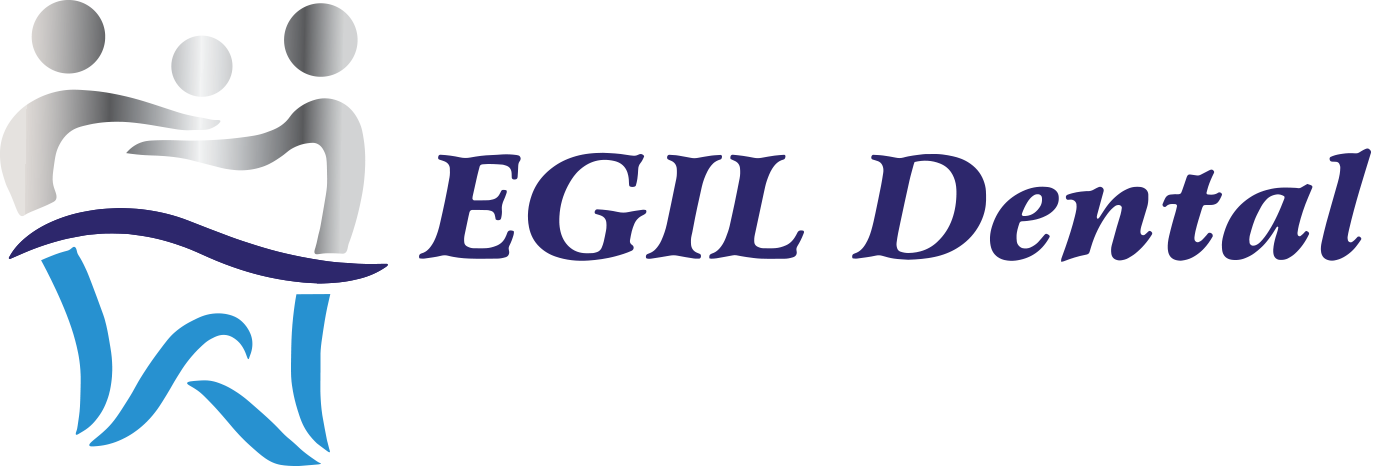Dental emergencies can be daunting and painful experiences. Whether it’s a toothache, a broken tooth, or an injury to the mouth, unexpected dental issues can disrupt your daily routine and cause significant discomfort. However, there are several preventive measures you can take to reduce the risk of dental emergencies. By following these simple tips, you can help maintain good oral health and minimize the chances of experiencing common dental emergencies.
1. Maintain a Consistent Oral Hygiene Routine
Maintaining a consistent oral hygiene routine is essential for preventing dental emergencies. Brushing your teeth at least twice a day and flossing once daily helps remove plaque buildup and prevent cavities. Use a toothbrush with soft bristles and fluoride toothpaste to gently clean your teeth and gums. Don’t forget to replace your toothbrush every three to four months to ensure it remains effective.
Remember: Consistent oral hygiene promotes dental health and reduces the risk of emergencies.
2. Visit Your Dentist Regularly
Scheduling regular dental check-ups every six months is crucial for preventing dental emergencies. During these visits, your dentist can identify any potential dental issues early on and provide appropriate treatment to prevent them from becoming emergencies. Regular cleanings also help remove plaque and tartar buildup, reducing the risk of gum disease and tooth decay.
Takeaway: Regular dental visits are vital for maintaining good oral health and preventing emergencies.
3. Wear Protective Mouthguards
If you’re participating in contact sports or engaging in activities that carry a risk of dental injury, it’s important to wear protective mouthguards. Mouthguards provide a cushioning effect, reducing the impact of blows to the face and protecting your teeth from fractures or dislodgment. They are available in different types, including stock mouthguards, boil-and-bite mouthguards, and custom-fitted mouthguards. Consult your dentist to find the right one for you.
Remember: Wearing a mouthguard during physical activities minimizes the risk of dental emergencies.
4. Avoid Using Your Teeth as Tools
Using your teeth as tools can lead to dental emergencies. Avoid using your teeth to open bottles, tear open packages, or bite on hard objects like ice. These habits can cause teeth to crack or chip, leading to pain and requiring emergency dental treatment. Use the appropriate tools instead of subjecting your teeth to unnecessary stress.
Takeaway: Treat your teeth with care and avoid using them for purposes other than eating and speaking.
5. Be Mindful of Your Diet
Your diet plays a significant role in dental health. Limit your intake of sugary and acidic foods, as they can promote tooth decay and cavities. Opt for a diet rich in fruits, vegetables, lean proteins, and dairy products, as they provide essential nutrients for healthy teeth and gums. Drinking water after meals helps rinse away food particles and reduces acidity in the mouth. Remember, a nutritious diet is beneficial not only for your overall health but also for your dental well-being.
Remember: A well-balanced diet promotes good oral health and prevents common dental emergencies.
6. Be Prepared for Dental Emergencies
Despite your best efforts, dental emergencies may still occur. Being prepared can make a significant difference in managing those situations. Keep your dentist’s contact information readily available, along with any medication you may need in case of an emergency. Familiarize yourself with basic first-aid procedures for dental emergencies, such as managing toothaches, knocked-out teeth, or injuries to the mouth. Prompt action can minimize pain and prevent further damage.
Takeaway: Being prepared for dental emergencies can help you handle them efficiently and effectively.
Conclusion
Maintaining good oral hygiene, visiting your dentist regularly, and staying cautious during physical activities are essential steps to prevent common dental emergencies. Avoid using your teeth as tools, be mindful of your diet, and take necessary precautions such as wearing mouthguards when needed. However, even with these preventive measures, accidents can happen, so it’s crucial to be prepared for any dental emergencies that may arise. Following these tips will help you reduce your risk of experiencing dental emergencies while ensuring your oral health remains in optimal condition.

